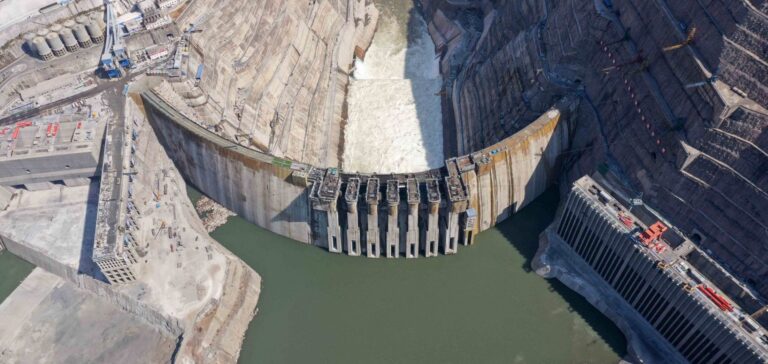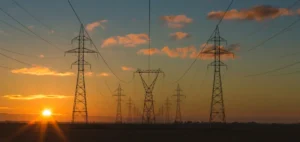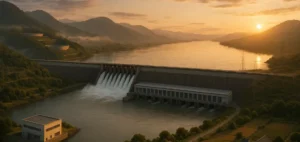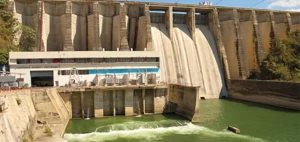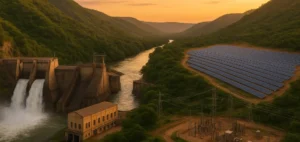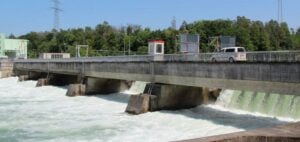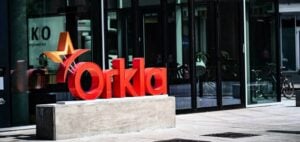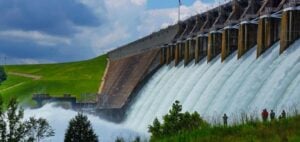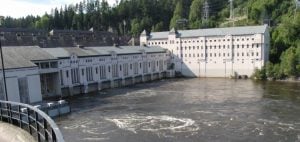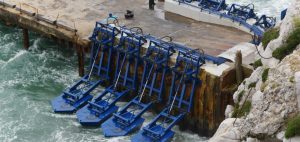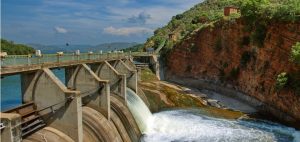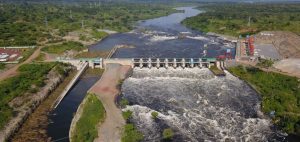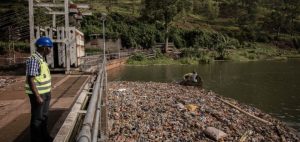European hydropower is facing difficulties. Drought and high demand for renewable energy are two factors that explain this situation.
As a result, EuGOs (European guarantees of origin) are reaching record levels. Those for hydroelectricity, the most actively negotiated, reach 4 €/MWh.
European hydropower in difficulty
The very dry European weather conditions had a strong impact on hydroelectricity production. These have had a strong impact on prices. However, the demand for renewable energy is still increasing due to the current energy context.
Europe experienced particular summer conditions. It is experiencing historic droughts due to high heat in large parts of the continent. As a result, hydroelectricity production has fallen. It is, for the first time, below the level of solar energy production.
In addition, the current circumstances involving supply difficulties are putting pressure on hydropower. This seems to be the ideal alternative to overcome the gas shortage in Europe. Nevertheless, the current climatic conditions threaten the stability of this energy source.
The Scandinavian countries, the main sellers of GO, have anticipated a low water supply. In this sense, the production of electricity for import is put on the back burner. This is to give priority to filling their tanks.
This situation has impacted their status. Previously, as major players in the production of hydroelectricity, they were forced to limit the available certificates.
Renewable energy remains in high demand
Several traders report a complicated situation. They state that they are not able to offer hydroelectricity.
Nordic Hydro 2022 GO was priced at €4/MWh on September 1. Compared to data from January 4, 2022, this is an increase of over 130%. It was then evaluated at €1.72/MWh.
In parallel, many certificates for other renewable energy technologies are in high demand. In fact, EU Wind and Solar certificates are approaching €4/MWh, amounting to €3.75/MWh as of September 1, 2022.
Another reason for the strong demand for renewable energy is the growing number of companies that are committed to reducing their emissions. In fact, several companies, through initiatives such as RE100 Climate Group, are committed to using 100% renewable energy.
High prices are not expected to last long. Certificates for 2023 production are trading down, which could result in a return to normal.

